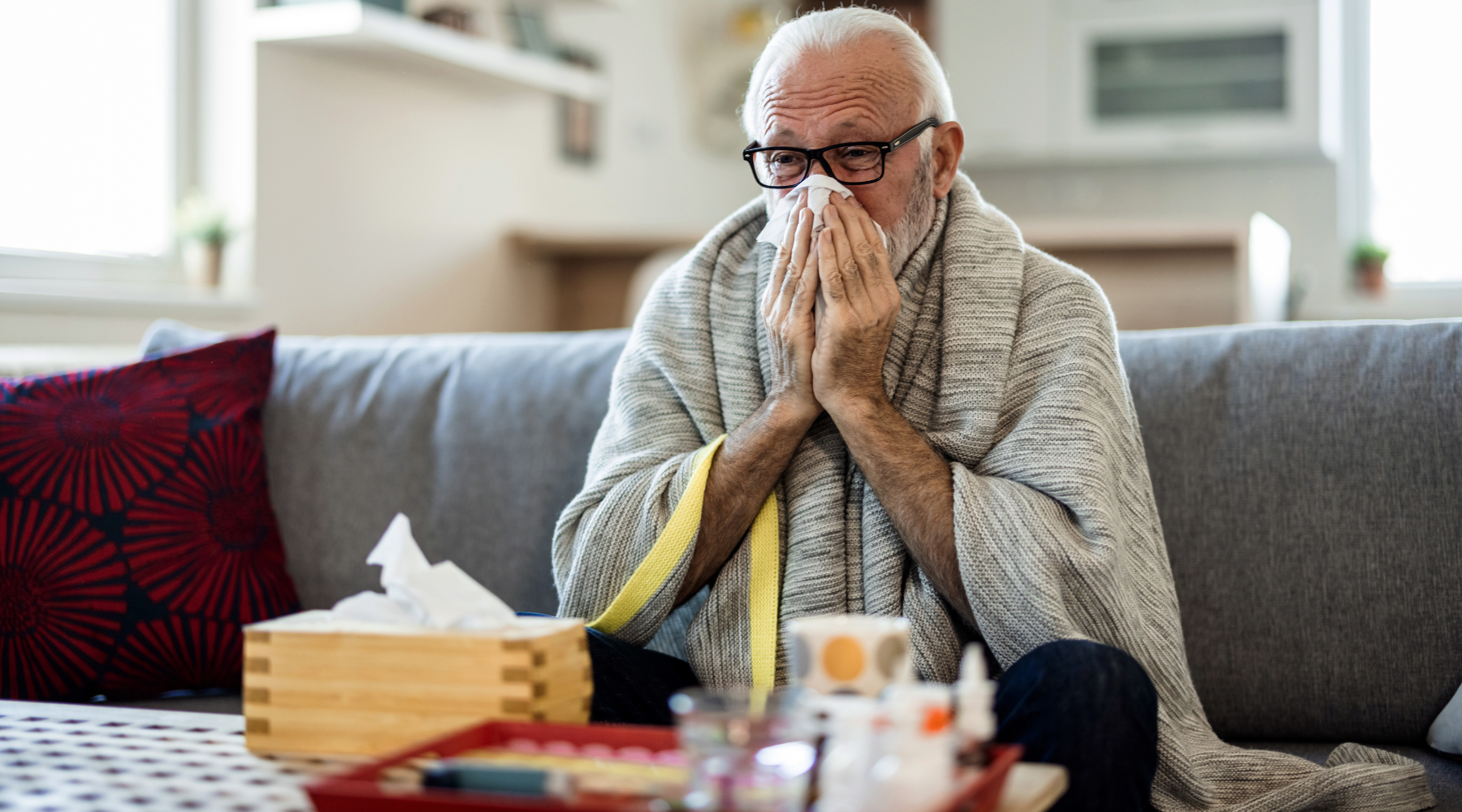Each week, OMRF Chief Medical Officer Dr. Judith James opens “Adam’s Journal” to answer a medical question from Adam Cohen, OMRF’s senior vice president & general counsel.
Adam’s Journal
With the recent uptick in Covid-19 cases prompted by the JN.1 variant, I’ve wondered how effective Paxlovid is in treating these cases, especially in older people. When should it be prescribed? And when should infections be left untreated and simply allowed to run their course?
Dr. James Prescribes
Paxlovid remains very effective against severe disease and hospitalization, even with the JN.1 variant.
In the original trials of this antiviral treatment, Paxlovid decreased the risk of hospitalization and death from Covid by 89% in unvaccinated individuals. In a subsequent study, it was also shown to be effective in reducing hospitalizations and deaths in highly vaccinated adults over the age of 50.
With the JN.1 variant, it continues to decrease the risk of severe disease, hospitalization and death, particularly in those at highest risk, a category that includes everyone over 50.
It’s important to remember that Paxlovid must be taken early in the infection, within the first five days of symptoms. This means that if you have symptoms, you should test for Covid to allow early treatment. (The currently available tests appear to be effective at detecting JN.1.)
Before taking Paxlovid, be sure to talk with your health care provider, as there may be some regular medications you need to put on hold while taking Paxlovid. In addition, some people shouldn’t take Paxlovid due to underlying health conditions or medications they take that they can’t stop. Finally, if you do take Paxlovid, It’s best to avoid alcohol during that time.
The question of when Covid infections should be left untreated and allowed to run their course defies a categorical answer. However, most experts would agree that if you are at high risk of severe Covid and can get Paxlovid, it’s wise to take it and decrease your risk of severe disease.
If you are young, healthy, vaccinated and have mild symptoms, you may be fine to let the infection run its course. But even then, it’s best to check with your health care provider.
–
James, a physician-scientist, is executive vice president and chief medical officer of the Oklahoma Medical Research Foundation. Cohen is a marathoner and OMRF’s senior vice president and general counsel. Submit your health questions to contact@omrf.org.



